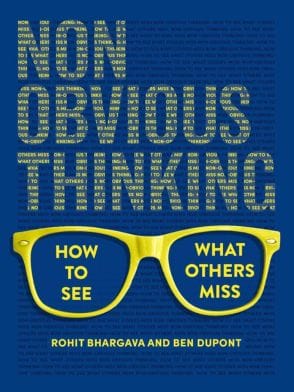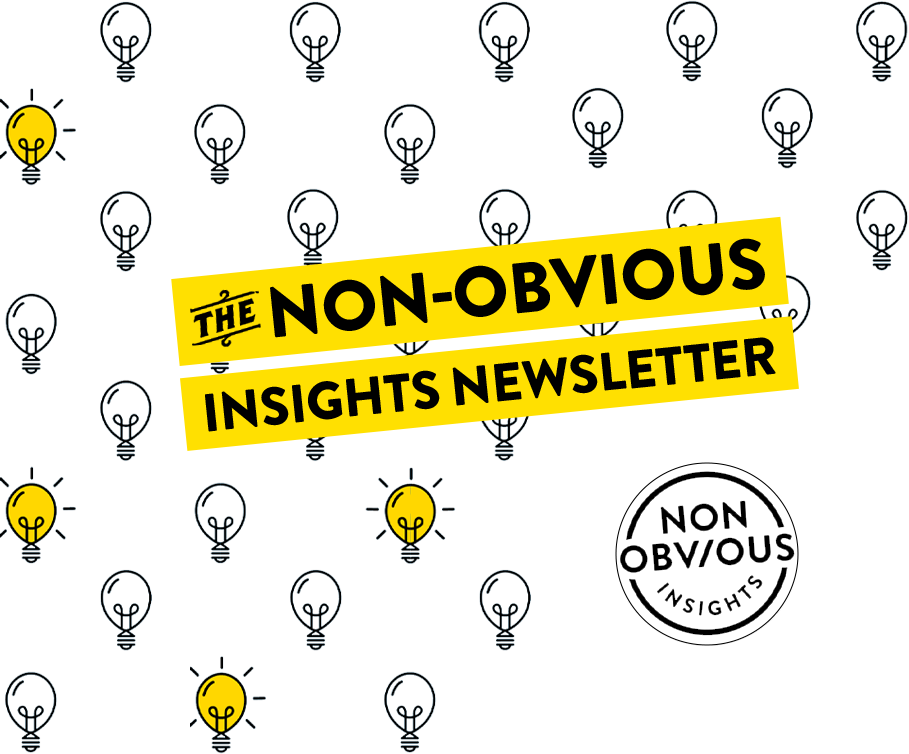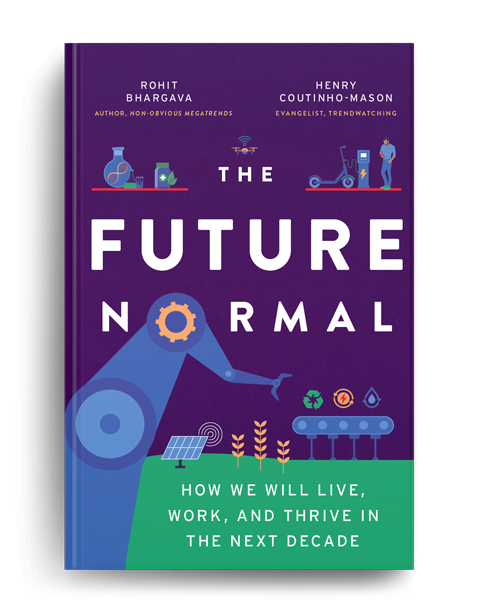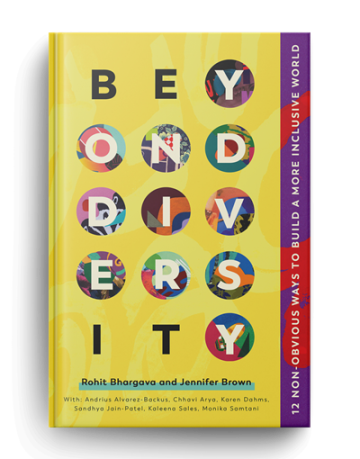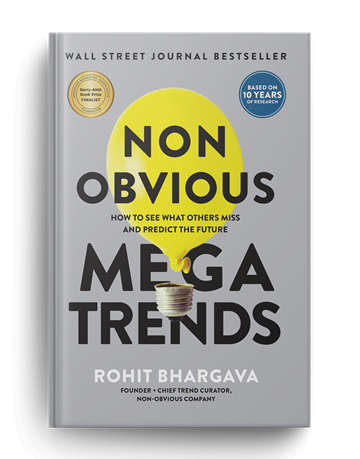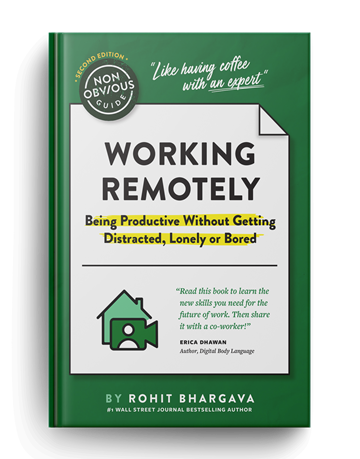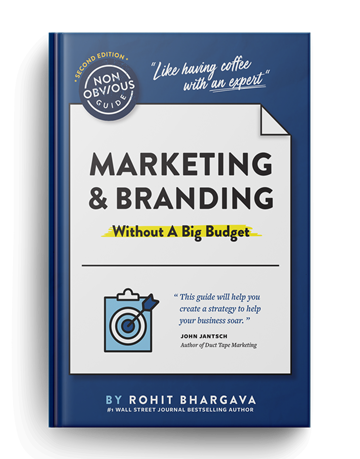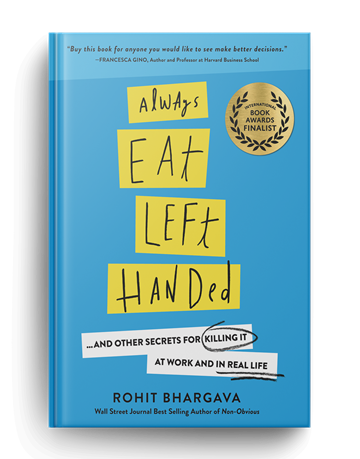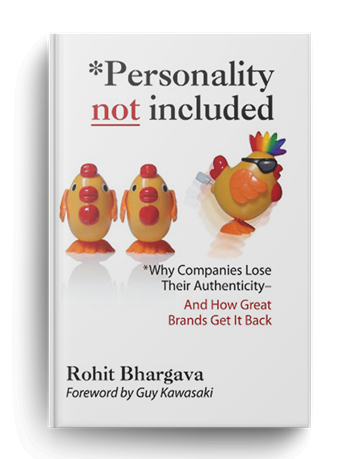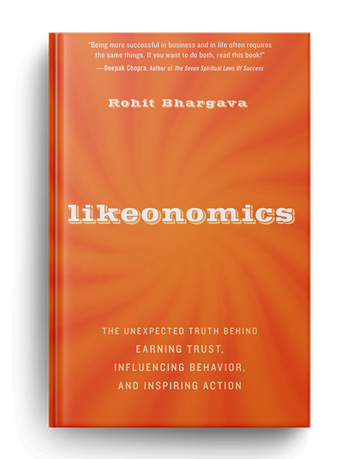The past week has offered plenty of stories that seem designed to invite outrage. From Pepsi’s tone deaf ad to Bill O’Reilly’s mistreatment of women to a passenger forcibly removed from a United flight. The common reaction online to all of these stories is one of shared outrage. It is an emotion we are feeling and expressing more and more online.
The cross section of stories this week will take a deeper look at why much of the outrage we feel may come from a combination of laziness, manipulation and unscrupulous algorithms. Knowing when this is happening is the key to getting smarter and choosing for yourself what is worthy of your outrage … and perhaps more importantly, what isn’t.
Read my article on “4 Ways To Avoid Getting Too Easily Outraged Online” on LinkedIn >
Want trend insights before anyone else? Join my email list to receive a curated collection of the most under appreciated marketing stories of the week and useful insights every Thursday!
Subscribe Here >>
A Pilot’s Wife Says What United’s CEO Should Have …

Dad Photoshops His Baby Into Dangerous Situations

Facebook Prioritizes What Makes You Sad Or Angry

What To Do When Someone Angrily Challenges Your Data
If you have ever presented data to a room full of skeptical people (or been one of the skeptics yourself), this article has some useful insights about what it takes to deal with that unique sort of outrage that seems to be directed at you but instead may be coming from an underlying insecurity that you don’t know about. Outrage, when expressed against statistics, usually has an underlying cause. This article offers some useful tips about how to understand and address that cause.
4Ways To Avoid Being Too Easily Outraged
Rather than search out another story designed to make you more outraged, I thought I would share a few tips that you can pass along to anyone who you see getting a bit too easily outraged online. If you can inspire just one of them to be a bit more selective in their outrage, the online world will be a better place. Please read my full article with tips posted on LinkedIn today.
How Are These Stories Chosen?
Every week I review more than a hundred data sources to curate the best and most under appreciated marketing stories of the week. The aim of this email is to spotlight these “non-obvious” stories, along with a quick take on why they matter for you. I hope you find this email interesting and useful … and am always open to your suggestions on how I might make it better!








